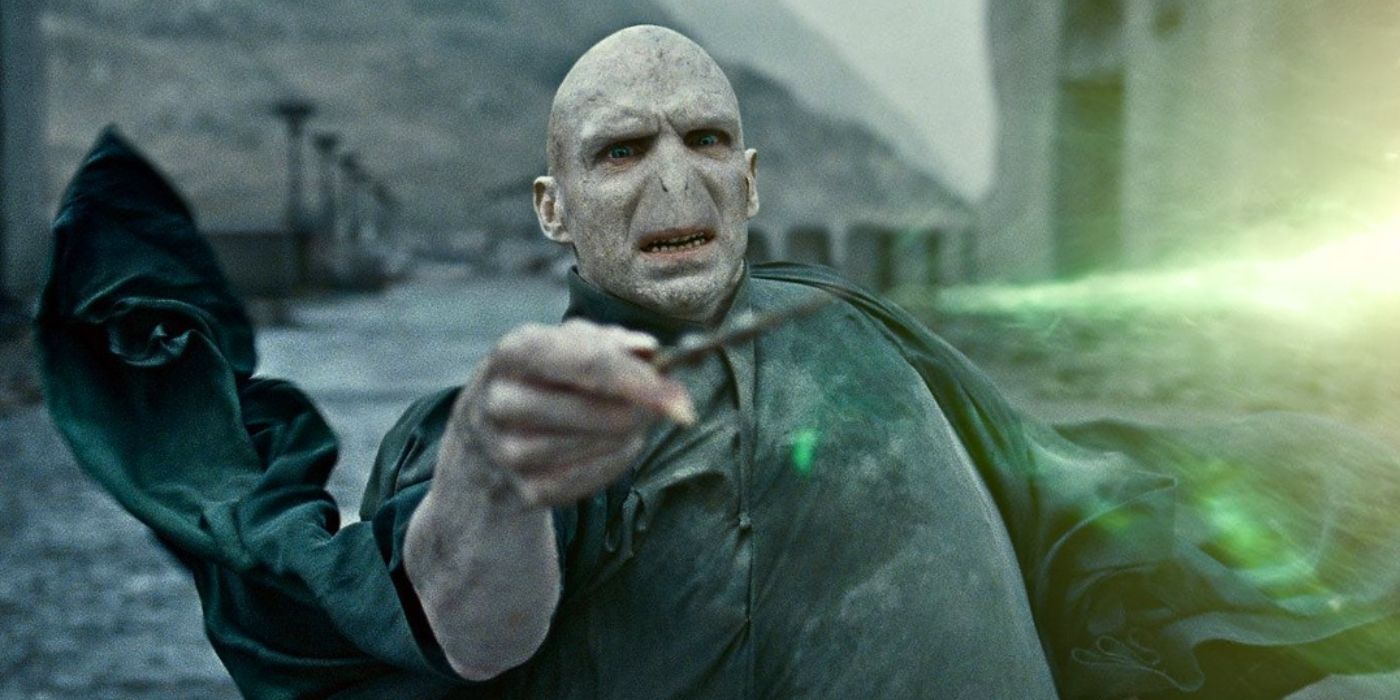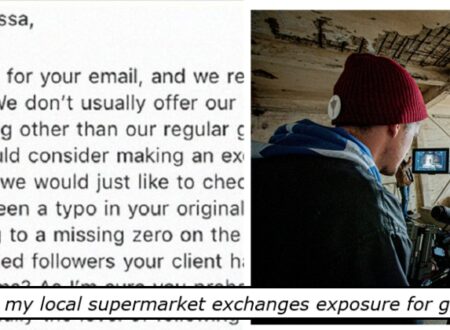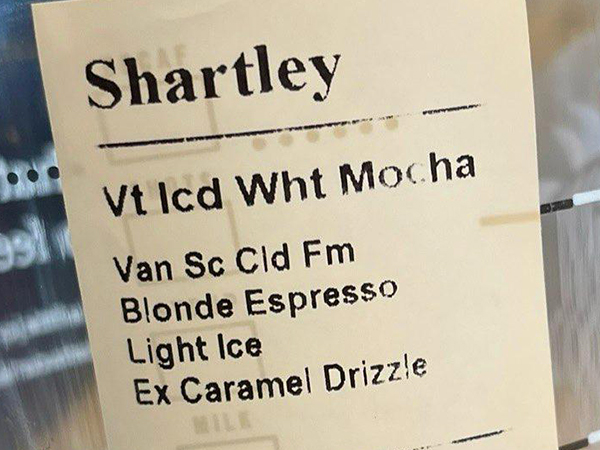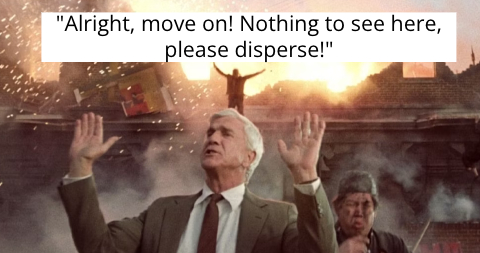Moderna is laying off 10% of its workforce. Does RFK Jr. have anything to do with it?
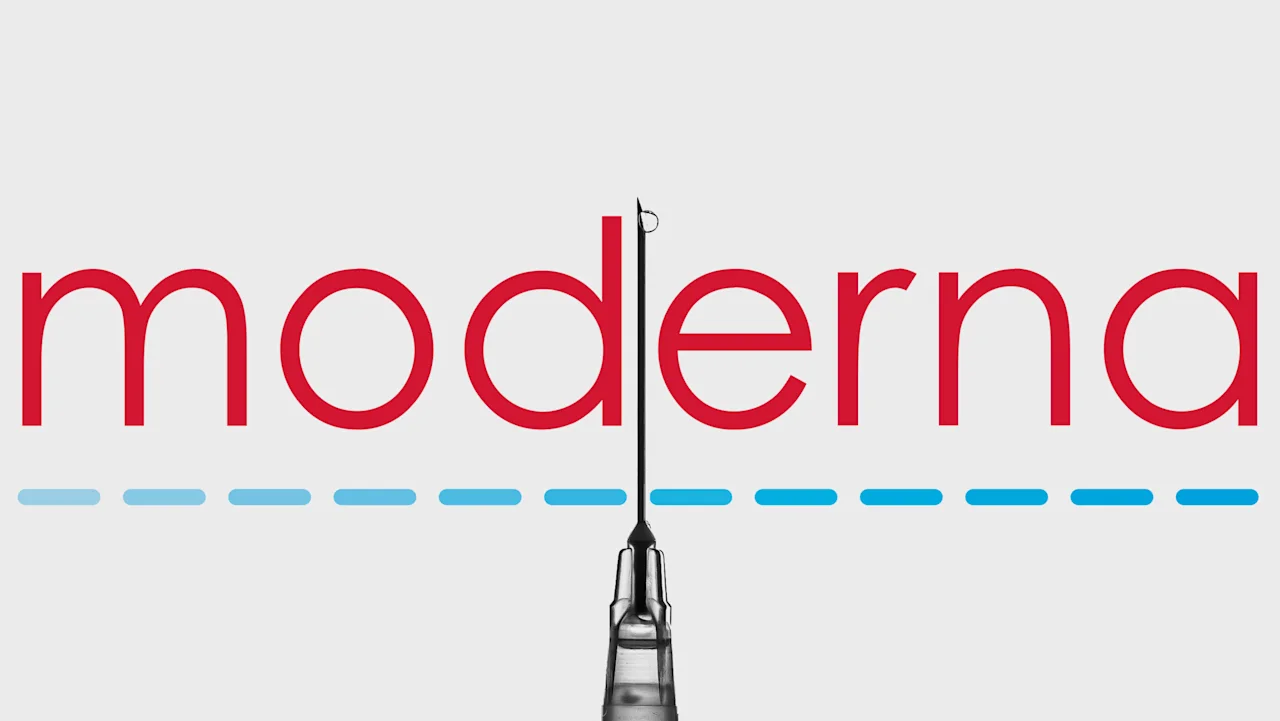
Biotech giant Moderna announced it will lay off 10% of its workforce in a move CEO Stéphane Bancel called “a difficult decision but necessary step forward,” in an internal memo sent to employees on July 31.
The move sent Moderna’s stock price (NASDAQ: MRNA) tumbling over 5% through Thursday morning, and signals a further contraction of the once fast-growing business.
“I know this is a difficult moment for the company,” Bancel said in the memo announcing layoffs. “We all feel a range of emotions whenever we have to say goodbye to colleagues.”
Moderna declined to comment on which areas of the business would be most impacted by the workforce reduction.
Moderna became a household name during the COVID-19 pandemic, when its mRNA vaccine became the second authorized by the Food and Drug Administration for emergency use against the coronavirus. At the time, it quickly scaled up its manufacturing capabilities and workforce to supply billions of vaccines in the U.S. and around the world.
Since the pandemic, however, the company has struggled to maintain the size of its operation. In 2024, Moderna’s annual revenue was less than half of what it was in 2023—$3.2 billion compared to $6.8 billion.
This year, the company is seeing further decline. It brought in just $108 million in the first quarter, 35% less than the first quarter of 2024, as it faces mounting challenges from the federal government.
Under Robert F. Kennedy Jr., President Trump’s secretary of Health and Human Services and proponent of the anti-vaxxer movement, HHS has taken aim at the mRNA vaccines Moderna specializes in, as Fast Company recently reported.
These vaccines work by introducing a piece of mRNA, a single-stranded molecule similar to DNA, that instructs cells on how to make a harmless version of a virus. The body then makes antibodies—proteins used by the immune system to annihilate harmful substances—that can fight off the real virus.
Although mRNA vaccines are widely used, safe, and effective, those skeptical of the innovation have driven lawmakers to curtail the companies behind them. In May, the Centers for Disease Control ad Prevention revised its guidelines for COVID-19 vaccination and the FDA made it more difficult for vaccines to be approved.
The second Trump administration also canceled a $766 million contract with Moderna to develop a vaccine against influenza viruses, such as H5N1 bird flu—even as the company announced positive early results.
In response to uncertainty in the vaccine market and decreasing revenue, earlier this year the company committed to reducing annual operating costs by $1.5 billion by 2027. The layoffs today are the next step in achieving that reduction, following a significant drop in R&D spending and limiting supplier and manufacturing costs.
Despite slimming down the business, Bancel said the company’s mission will remain unchanged and notes there are still opportunities to expand Moderna’s product line.
“The future of Moderna is bright,” Bancel said in a memo to employees. “We are sharpening our focus, becoming leaner, and staying ambitious in oncology, rare diseases, and latent viruses.”
Moderna is expected to report its Q2 financial results tomorrow.
What's Your Reaction?
 Like
0
Like
0
 Dislike
0
Dislike
0
 Love
0
Love
0
 Funny
0
Funny
0
 Angry
0
Angry
0
 Sad
0
Sad
0
 Wow
0
Wow
0


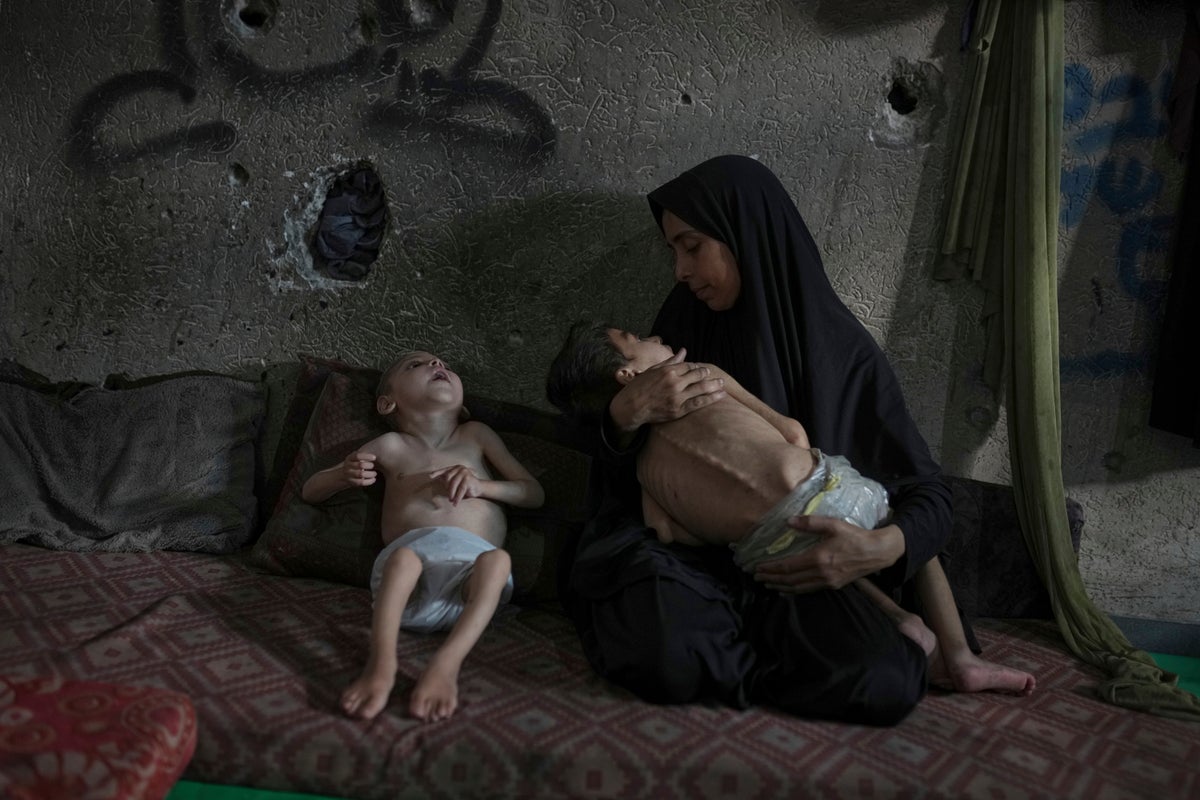

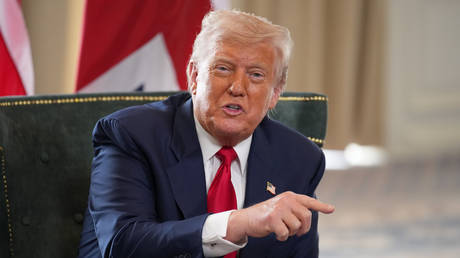






























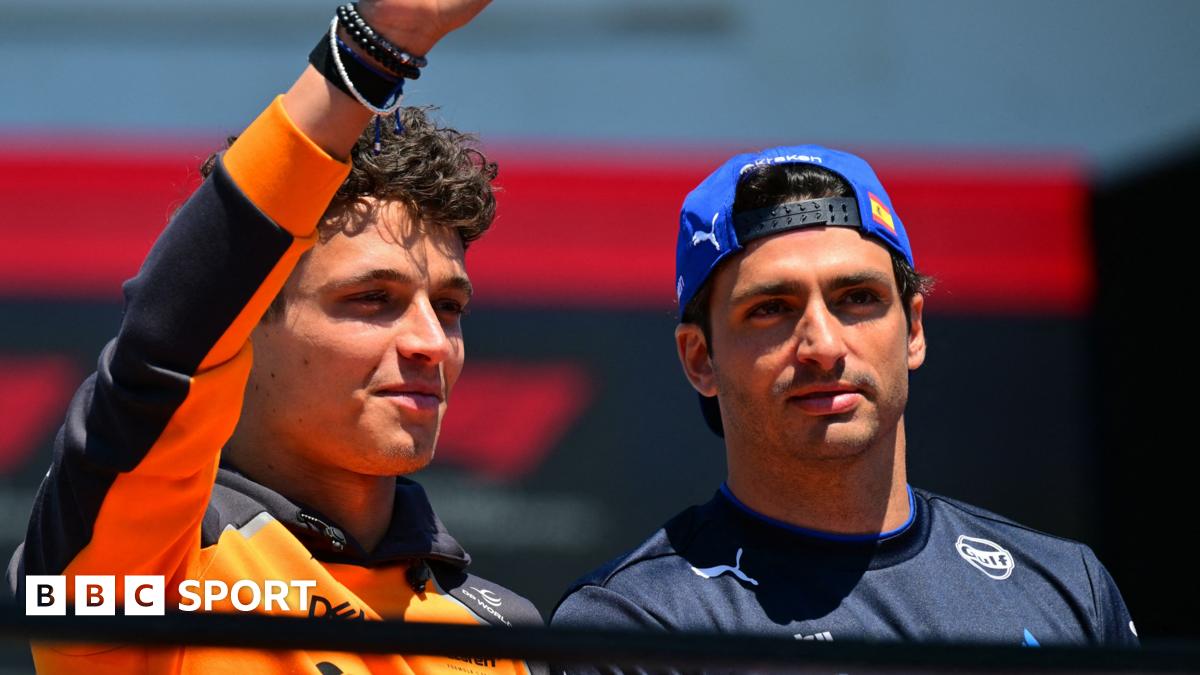
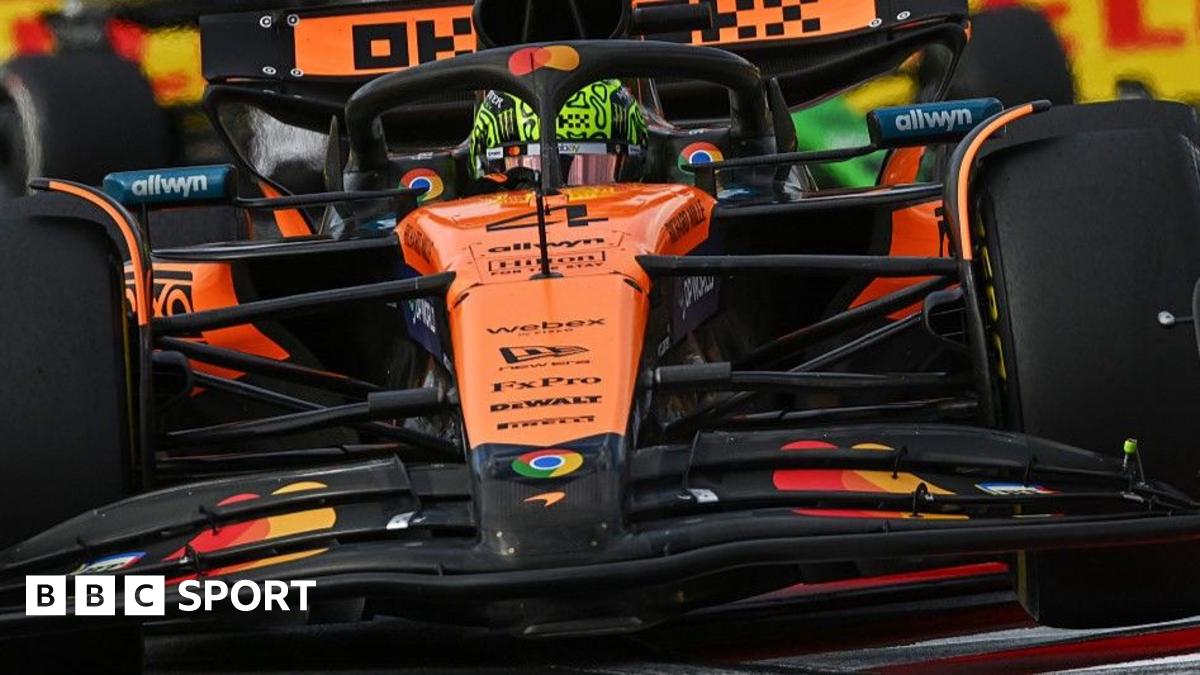
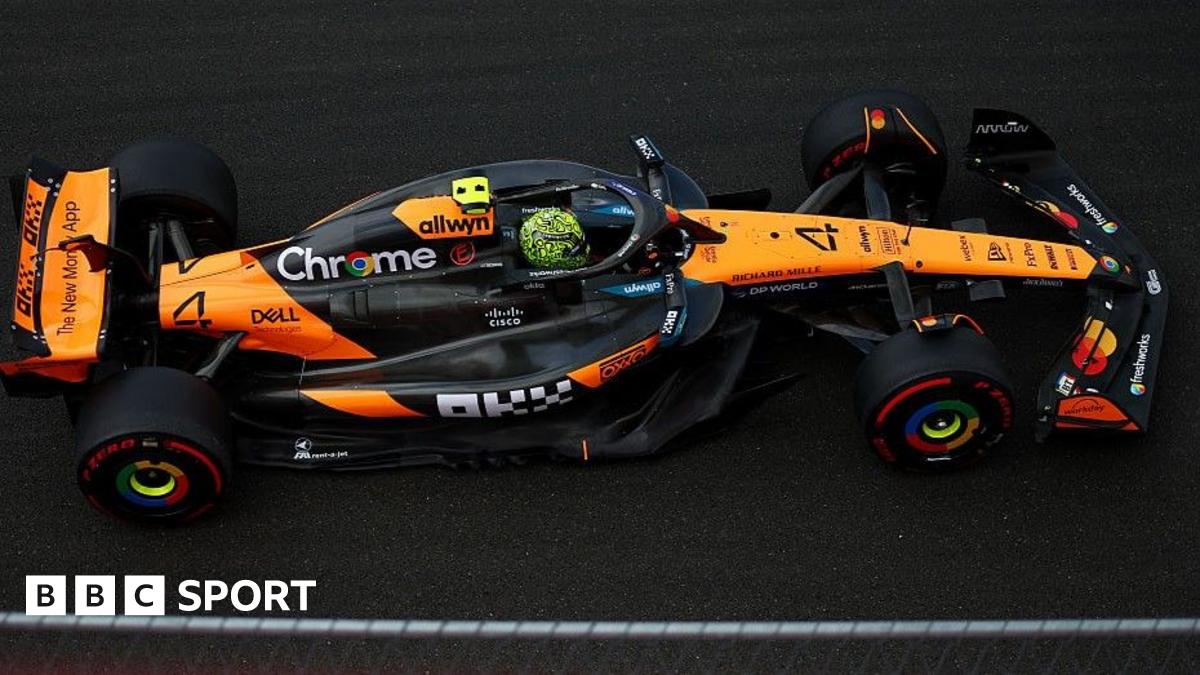

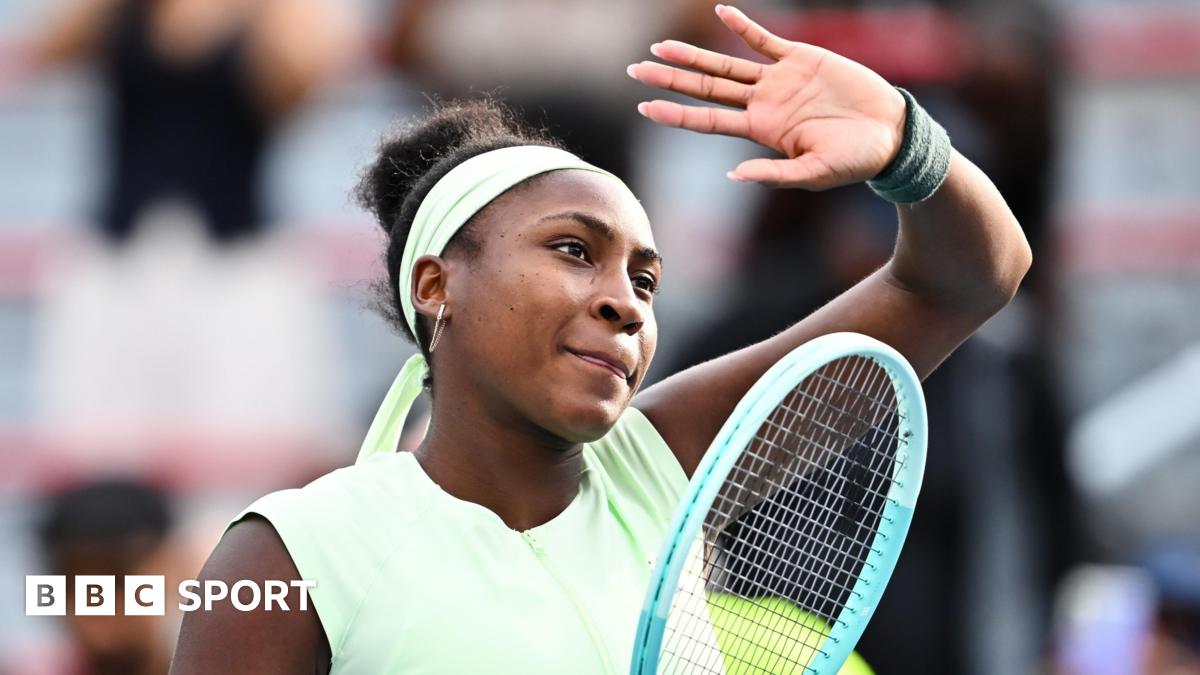


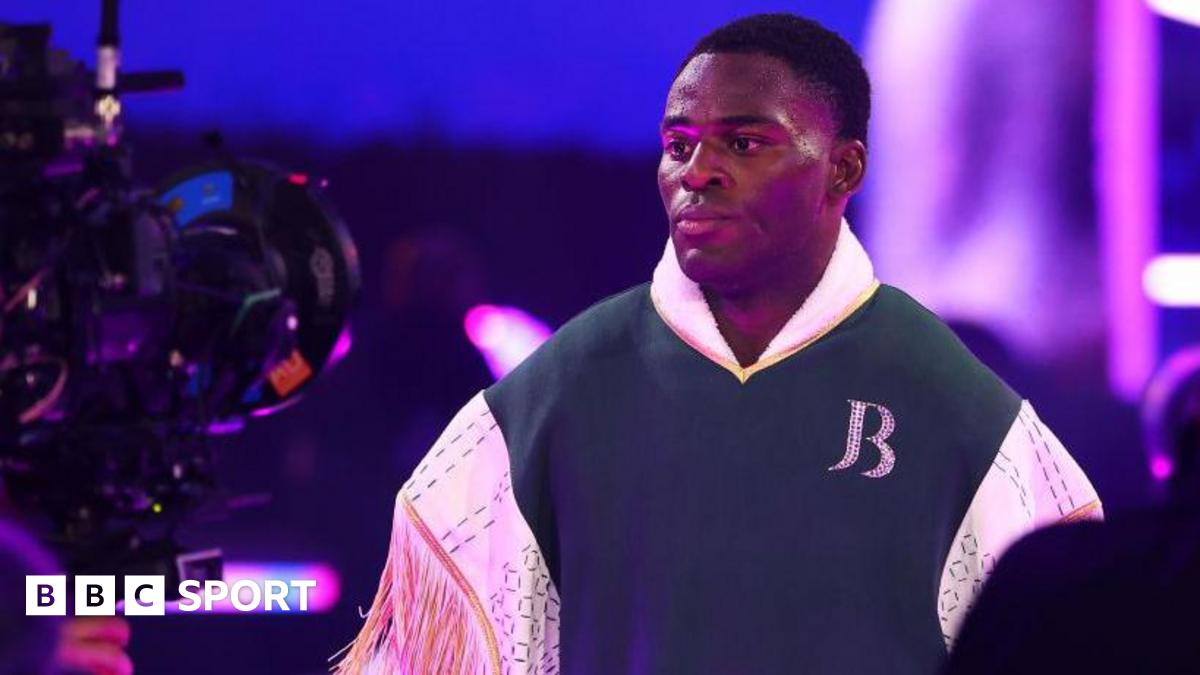
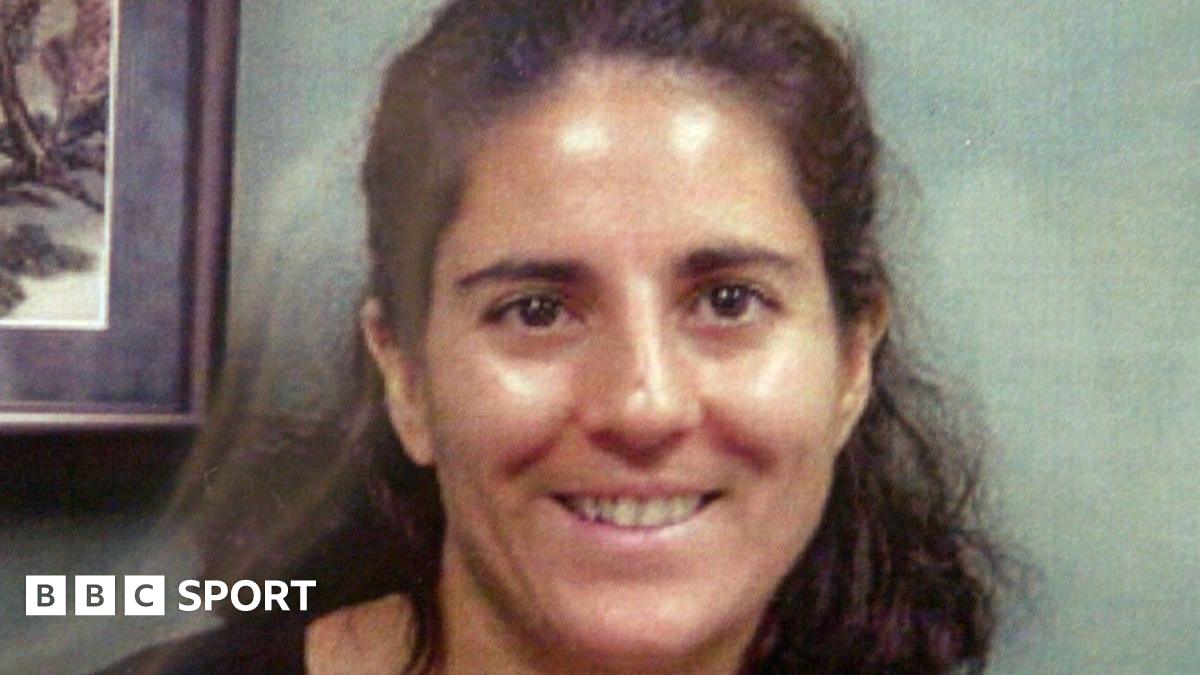

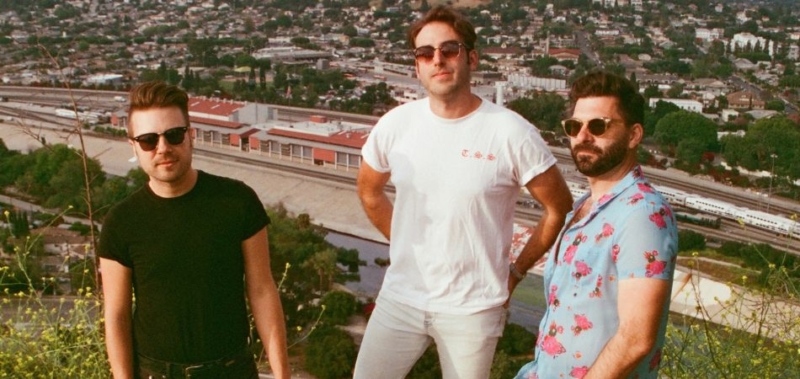
![MYLLO’s “Burned” captures the dark side of toxic love and heartbreak [Music Video]](https://earmilk.com/wp-content/uploads/2025/07/MYLLO-800x379.jpg)





